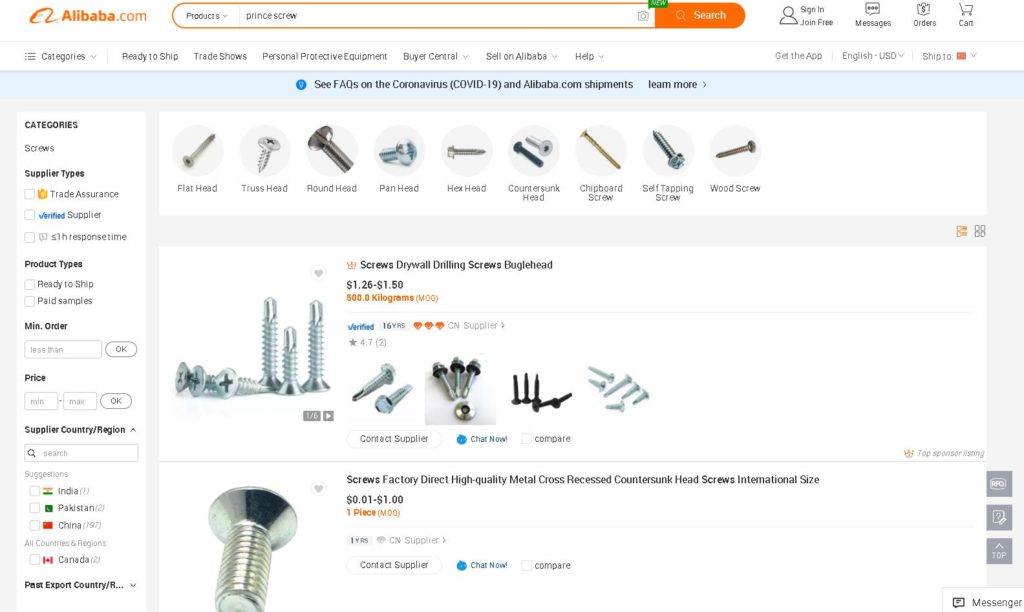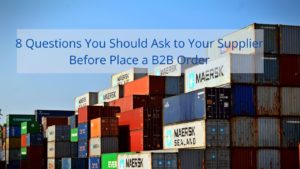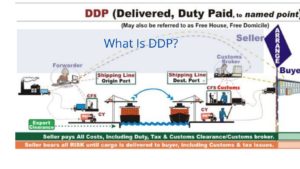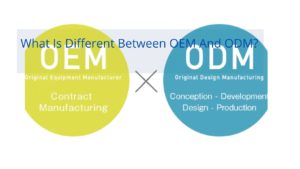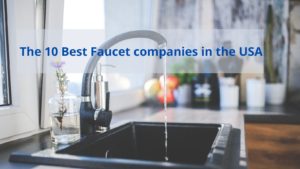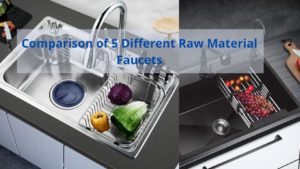What is a private label?
Private label products are produced by a third-party manufacturer or contract manufacturer and sold under the retailer’s brand name. As a retailer, if it is a private label, you can only apply the brand to the packaging when you sell the product. While many consumers are unaware of the general nature of this practice, it is very common in today’s shopping environment. You have to stipulate everything about the contents of the product, how it is packaged, the appearance of the label, and payment for production and delivery. This is as much the case with buying products from other companies with their trade names.
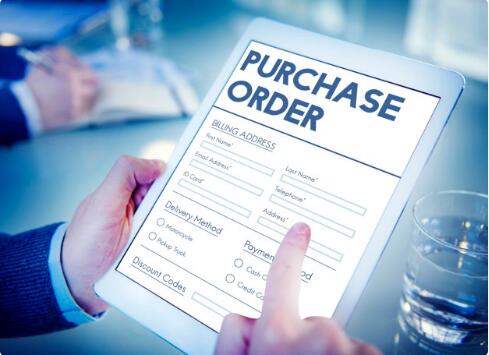
For example, if you’ve ever been to Costco, you’re probably familiar with the Kirkland brand, which includes everything from clothing to food. Kirkland’s signature sells about a quarter of Costco Wholesale’s sales under its brand. You may never have noticed the private label brands owned by Amazon.
According to the Private Label Manufacturers Association, “private label has a market share of almost 25 percent of unit sales in the United States and is expanding faster than domestic brands.”
Private labeling is a great way for companies to offer their products to consumers, says Ossala-Nesbitt, CEO of Coastal Carolina Soap Company.
“For the businesses that carry these products, having their brand allows them to sell products they can’t produce and put their own brand on the product,” Nesbitt said.
Rob Terenzi, the co-founder of VegaCoffee, said private labels can also describe the ingredients or components of a product offered and produced by a secondary company, often without clear attribution.
Should your shop offer its own labels to compete with the big brands?
If your company is considering selling products under its own name or adding new products to an existing range, private labels would be a good option for you. With a private label, you can outsource production, buying, importing, shipping, and other aspects of your supply chain to other companies. Private labels can help you gain access to your entire supply chain without having to build your own network. Then you can launch your own brand.
How do private labels work?
Private label manufacturers enter into agreements with individuals or brands to sell their products under the manufacturer’s name, but without attribution. The product can be sold on its own, or in conjunction with other products.
For example, Vega coffee is bought as an ingredient by an ice cream producer and sold by other coffee brands in their marketing and packaging materials. terenzi says that even though the brand is not recognized, sales have increased, which helps it to reduce the cost of its consumer-facing products, while also paying for the farmers’ contribution.
It’s a mutually beneficial deal, as the distributor can capitalize on the social impact of Vega Coffee. In other words, although XYZ brand coffee maker may not mention Vega coffee in their marketing, they will say that their coffee is good for Latin American farmers and therefore can increase sales through their built-in audience.
For other products, private labels are most effective in increasing the value of the product, just as Vega coffee is for ice cream makers.
Wanting to start selling a recent product, but not yet experienced, using a private label is a great way to go. Consumers will be more likely to buy your product through a large manufacturer than a business with no previous transactions. However, your product must be able to sell itself without special promotions or brand advertising.
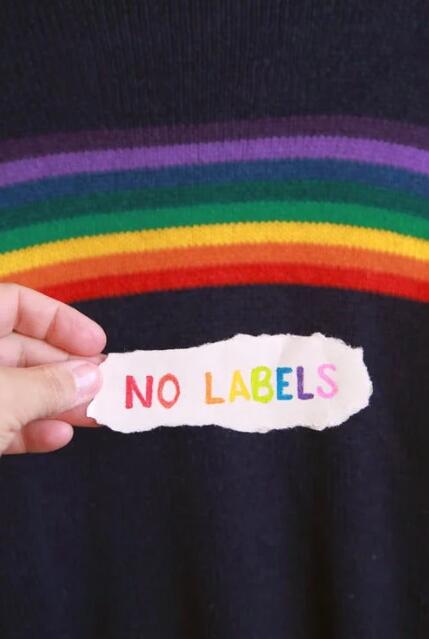
Private label assortment
Virtually every consumer product category has branded and private-labeled products, including.
Personalized care
Wine.
Make-up.
Paper.
Household products
Dressings and salad dressings
Dairy products
Frozen foods
Although private label products account for 15% of US supermarkets, some private label products are growing strongly, according to a Nielsen report, according to the Harvard Business Review.
Advantage of Private Label Products
Private labels have advantages and disadvantages for products developed and sold by the company that produces them. The advantages of private labels may include the following.
Loyalty. The key to long-term success is building a loyal customer base. Building a brand under a private label is a great way to build a brand from the consumer’s love of your product. Because of the limited availability, customers will become attached to your brand, making them feel like a small part of that brand, which will ultimately increase the loyalty of your customer base and sales.
Lucrative. A private label brand will usually get a higher profit margin than reselling products because it is usually cheaper to produce their own products than to buy theirs, especially in product development and marketing.
Wholesale fee income In addition to selling your products exclusively, you may also consider operating your brand as a wholesaler and providing a limited channel for other retailers to acquire the rights to your brand. This can increase your revenue and expand your brand recognition.
There are good reasons for retailers who place products with their own brand name on their shelves. Some of the biggest advantages of own-brand products include.
Product control – Under the direction of the retailer, a third-party manufacturer has full control over the ingredients and quality of the product.
Control over price – retailers can also control the price of the product to determine the cost and profitability of the product.
Adaptability – Smaller retailers are able to move quickly to put private label products into production in response to increased market demand for new features that larger companies may not be interested in for specific products.
Trademark control – Self-branded products with a retailer-created logo and packaging design.
Control of profits – by controlling production costs and prices, retailers can control the level of profitability of their products.
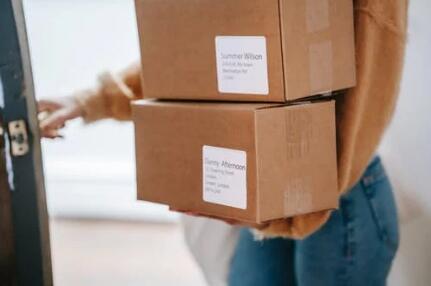
Disadvantage of Private Label Products
There are few disadvantages to adding your own branded product line if you have sufficient funds to undertake the development of such products. Major drawbacks include.
Dependence on the manufacturer – As the production of your product line is controlled by a third-party manufacturer, it is important to work with an established company. Otherwise, if something goes wrong with the manufacturer, you’ll miss out on a great opportunity.
It is difficult to build loyalty – established household brands dominate and are usually present in a variety of retail outlets. Your products will only be available in shops, thus limiting customer contact. However, limited availability will also give customers a reason to return to you to buy.
Although private label products are usually sold at a lower price than their name-brand brethren, some private labels are now positioned as high-quality products and justify this with higher prices.
Private labels have some drawbacks, but you can avoid them by planning.
Disadvantages of private labels may include the following.
Minimal orders. The most basic requirement most manufacturers have when they want them to produce a custom product for your personal label is a minimum order. Unfortunately, in many cases, the minimum order is much larger than the original order.
Scrapping stock Some retailers make the mistake of ordering a range of personal label products without knowing whether the customer will like the product or not. This leaves you with a large stock of unsold stock.
Customer opinion. People will often trust a brand they have used for a long time as opposed to a little-known private label. Therefore, consumer preferences should be researched before buying private label products.

Pick the right private label manufacturer.
Before selecting a manufacturer, you should research your target customers so that you can familiarise yourself with their buying patterns and make the best recommendations for potential private label brands. Participate in networking events, trade shows, and other activities to improve your product, make contacts and assess the competition. To prevent competitors from making similar products, you can also patent your ideas.
Many companies or individuals will choose Amazon as the manufacturer of their own brand, but you should also consider manufacturers who target your product. For example, Vega Coffee has made deals with ice cream makers and other Nespresso Coffee Machine brands rather than turning to the big market.
The Private Label Manufacturers Association organizes trade fairs where you can find potential partners. With a simple web search, you can of course discover a myriad of options.
Popular private label manufacturers.
Alibaba: This large website makes it easier to buy goods from outside the USA. This comprehensive catalog connects brands with the manufacturers who make the products they want. Its wide range includes electronics, lighting, cookware, and personal care products.
Wholesale2b: This network offers a directory of dropshipping’s top travel suppliers. Dropshipping is where manufacturers handle the shipping of products so that you don’t have to acquire warehouse space for storing your goods and hiring employees to complete the shipping process.
WorldwideBrands. Founded in 1999, WorldwideBrands researches third-party manufacturers and makes their information available to users. This catalog can help you determine which company is best suited to your needs.
The clichéd joke. Being paranoid doesn’t mean they won’t come to you. It simply refers to the reaction of manufacturers of branded products to competition from their own brands. Firstly, the manufacturers are right to be concerned. There are more private label – ‘shop brand’ – items on the market than ever before. US private labels have more unit shares than the strongest national brands in 77 of the 250 supermarket categories. In these 100 categories, they account for the second or third-highest total. However, many manufacturers have overreacted to the threat posed by private labels and are not fully aware of two salient issues.
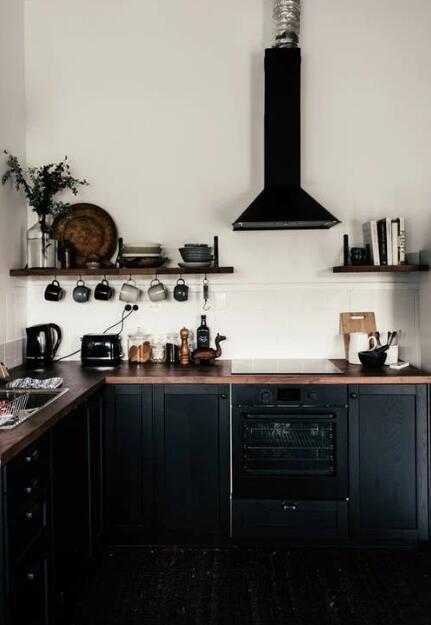
The first is that the strength of own brands tends to change with economic conditions. This means that the market share of private labels usually rises when the economy is in recession and falls in boom times. Over the last 20 years, the average market share of private label brands sold in US dollar supermarkets was 14%. By the period 1981-1982, it peaked at 17 percent of sales; in 1994, when private labels received a high level of media attention, they were over two percentage points lower than 14.8 percent. Secondly, manufacturers of branded products were able to mitigate the challenges posed by private label products. In fact, in most cases, they were able to control them. Over 50% of US branded consumer packaged goods manufacturers produce their own products.
With day-to-day performance suffering, it is difficult for managers to take an objective, long-term view of the competitive threat. It is not reassuring that manufacturers of well-known brands are subject to the pressures brought on by private label and off-patent products. What manager would not be concerned about the success story of Classic Coke (supplied by Cott for supermarkets in the UK)? Classic Coke was launched in April 1994 and was 28% cheaper than Coca-Cola. Today, this own brand accounts for 65% of total Coke sales in Sainsbury’s supermarkets and 15% in the UK.
The response to the success of own brands can have a big impact. Consider what happened a week after Phillip Morris announced in April 1993 that it was going to reduce the price of Marlboro cigarettes. Wall Street analysts interpreted the price cut as the demise of the brand; Philip Morris stock was worth US$14 billion; the 25 largest consumer goods companies lost up to US$50 billion in stock value.
Faced with the challenge of private labels, companies must give the same consideration to other competitors.
While we all agree that many national brands are under pressure, particularly the pressure to have a third brand in every product, we firmly believe that it is important to have our own perspective on the challenge of our own brands. What we need is an objective approach and at the same time a cautious approach to any of our brand competitors. Firstly, managers must consider whether the threat posed by their own brand will grow or disappear. Next, they must rethink the strengths of the brand: the brand is not dying out. Ultimately, if companies already produce their own branded products, they should weigh the costs and benefits of competing in the generic market. If these companies have not yet entered this market, they probably should not.
The threat to personal image
A number of factors suggest that the threat to the private label was very serious in the 1990s and will continue regardless of economic conditions.
Raised own-brand products.
Ten years ago, there was a clear gap in quality levels between own-brand and branded products. Today, this gap has narrowed; the level of quality of own-brand products is higher and more consistent than before, especially as there was less innovation in the product range in the past. Distributors who take on private label products have improved their purchasing processes and are more careful in their quality monitoring.

High-end private label brands are being developed.
Innovative North American retailers have shown the rest of the industry how to develop private labels that go beyond national brands, as exemplified by Loblaws’ 1,500 ‘President’s Choice products, including chocolate chip biscuits, which are sold in Canada. Loblaws was able to squeeze national brands between its top-of-the-range Presidents’ Choice label and the regular Loblaws Private Label range. The “President’s Choice” has even gone beyond Loblaws’ shops. Fifteen supermarket chains in the USA already sell Presidents’ Choice products as premium private labels.
The success of European supermarkets with their own brands.
In European supermarkets, private label sales increase the average pre-tax profit. On average, US supermarkets only generate 15% of their sales from their own brand, and they receive 2% of all sales before tax. In contrast, European grocery shops like Sainsbury’s derive 54% of their sales from own-brand Tesco and 41% of their average pre-tax profit.
Admittedly, private labels are strong in Europe partly because of the structure. Firstly, the regulated television market means that the cumulative effect of brand name advertising has never reached the levels seen in the US. Secondly, in most Western European countries, national chains run grocery retailing, so that retailers have more influence than manufacturers in the US. In the US, the largest single operator accounts for only 6% of national supermarket sales, with the top five operators accounting for 21%. By comparison, the five largest shop chains in the UK account for 62% of the nation’s supermarkets.
However, a growing number of US retailers, such as Kroger, believe that a strong private label program can differentiate shops and cement customer loyalty, thereby strengthening their position among brand manufacturers and improving profitability. In addition, cash-rich European retailers such as Dutch supermarket chains Ahold and Sainsbury’s have begun to acquire US supermarket chains and may attempt to replicate their own brands in the US.
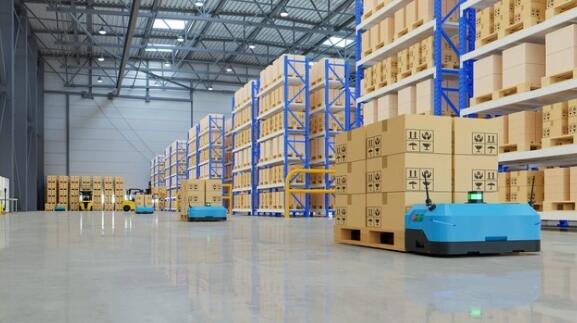
How to develop your own branding business?
Now, let’s take a look at how you can build your own personal label business.By building your own brand, you can charge more for your products and therefore make a higher profit margin.You have more control over the quality, style, and feel of your own brand than if you were selling ordinary products.
On top of this, you can create your own trademark. The question is:How do you private label a product?
The process can be broken down into four steps.
Find a successful product idea for your own brand.
Find a manufacturer with its own brand.
Build a strong brand.
Sell your products.
The goal is to create a brand that your customers will want to buy and tell others about.
If you take the time to buy your product properly, create a brand you like, and learn how to sell it effectively, you’ll have a good online business.
This has been carefully selected for you. Do you need an import license, LLC, or business license to trade online?
The road to owning your own brand is a bumpy one, and it often takes longer than coming up with a dropship model.
So, before you start, there are two things to consider.
Foreign production. Although you can save money, one of the major difficulties in building your own brand is producing your product. So that’s the biggest barrier to entry. Foreigners face fraud and the production of poor-quality products. You can use Sourcify to simplify it.
Initial investment. One of the disadvantages of building a private label is that you have to buy stock without knowing how much you can sell.
In recent years, private labels have become very popular, with many e-commerce and online transactions selling products made by other companies as their own.
However, the truth is that it is not easy to establish a private label.
If you want to sell your own branded products, you need to consider a lot of things that you can’t control.
On the other hand, this business model can be very successful because many private label companies are popular on Amazon, where they find trustworthy private label manufacturers and sell lucrative products.
So, what do you need to know and look out for as a private label seller?
I think there are three important things here.
1) Product research.
The first issue to address
In order to build a successful private label and sell Amazon products that people love, you have to research the product in depth.
It all starts with a good product idea. This should be something you already have some knowledge about and think has the potential to sell well on Amazon (or other marketplaces).
Luckily, we have created a number of resources in product research to help you get started.
Is DHgate.com Safe?
Writer’s tips Avoid expensive, hard-to-package, hard-to-use generic products. These products are usually not profitable. You can use tools like LeizInternational to simplify the product research process.
Now that you have an idea for a product, you need to find someone to make it for you.
By working with Leiz International, we have created a database of suppliers/manufacturers to help you find the right factory for your product. If you want to see it, it’s here.
2) Private label manufacturers.
Almost all companies fail in this area.
You need to know that private label and dropshipping require you to find a reliable and dependable private label manufacturer and start working with them.
As your online business grows, whether you’re on Amazon or have your own e-commerce shop, you may need to work with multiple manufacturers.
So you need to be sure that the people you choose to work with are good business partners.
If you start with Google and research product label manufacturers, the process can be a bit time-consuming.
It’s best to start with Alibaba.
Simple research on Alibaba will show you how easy it is to find a private label maker for your product ideas.
You can use Alibaba’s product categories to simplify your research.Admittedly, there are advantages and disadvantages to buying products from Alibaba.
You can find them in the guide below and identify trusted private label makers for your Amazon FBA or e-commerce business.As you’ll see in the next chapter, there are many tools, such as Sourcify, that take care of buying, finding, and negotiating with manufacturers, allowing you to focus on other aspects of your online business.A reminder: before you contact a manufacturer, make sure you check out all the positive and negative reviews of the manufacturer on this page.Next, let’s start with the third aspect of starting a private label business that needs attention.
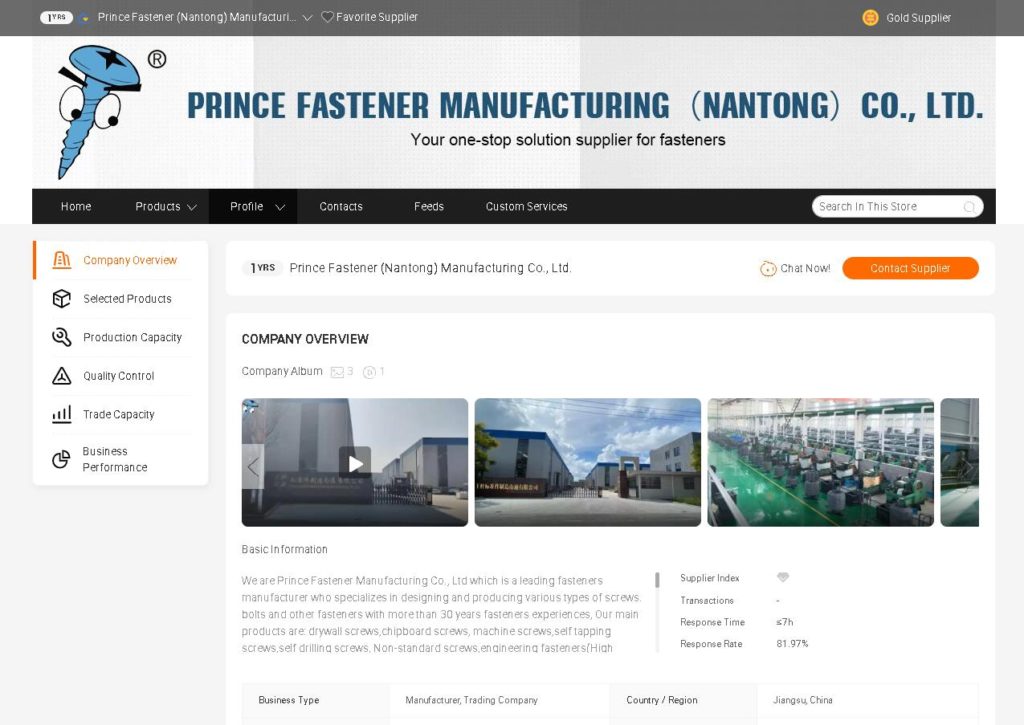
Is Alibaba Safe?
3) Shipping costs, shipping times, and minimum order quantities.
Many Amazon sellers are excited to launch a new product (such as fasteners), only to find out that their online business simply doesn’t work.
Unfortunately, when it comes to a private label – in addition to providing a great customer experience – you have to look at issues such as shipping costs, shipping times, and minimum order quantities.
An item may seem cheap at first, but you have to take into account shipping costs and import taxes.
Set up an e-commerce business on your own Shopify or another platform.
If you are an FBA seller on Amazon, hand it over to Amazon’s fulfillment center.
If you have a small business, tell your customers directly.
So, the first thing to consider when buying a private label manufacturer is the shipping cost.
You can also contact the seller directly to check shipping times and production capacity to avoid surprises.
You can do this on each seller’s “company profile” page on Alibaba.
The next thing you need to be aware of is the minimum order quantity (MOQ).
Happily, in a marketplace like Alibaba, most manufacturers give a minimum order quantity (MOQ) for all their products.
MOQ is something that can affect the total cost of the products you order.

So you need to make sure that: a) you need a certain quantity, and b) you can afford the cost and still make a good margin.
But remember, when it comes to private labels, you have to pay for the items you’re ordering in advance.
Now that you know what private label is, and now that you know where to look for private label products, let’s take a look at how it differs from white label products.
By working with Leiz International, we have created a supplier/manufacturer database to help you find the right factory for your product. It’s here whenever you want to see it.

